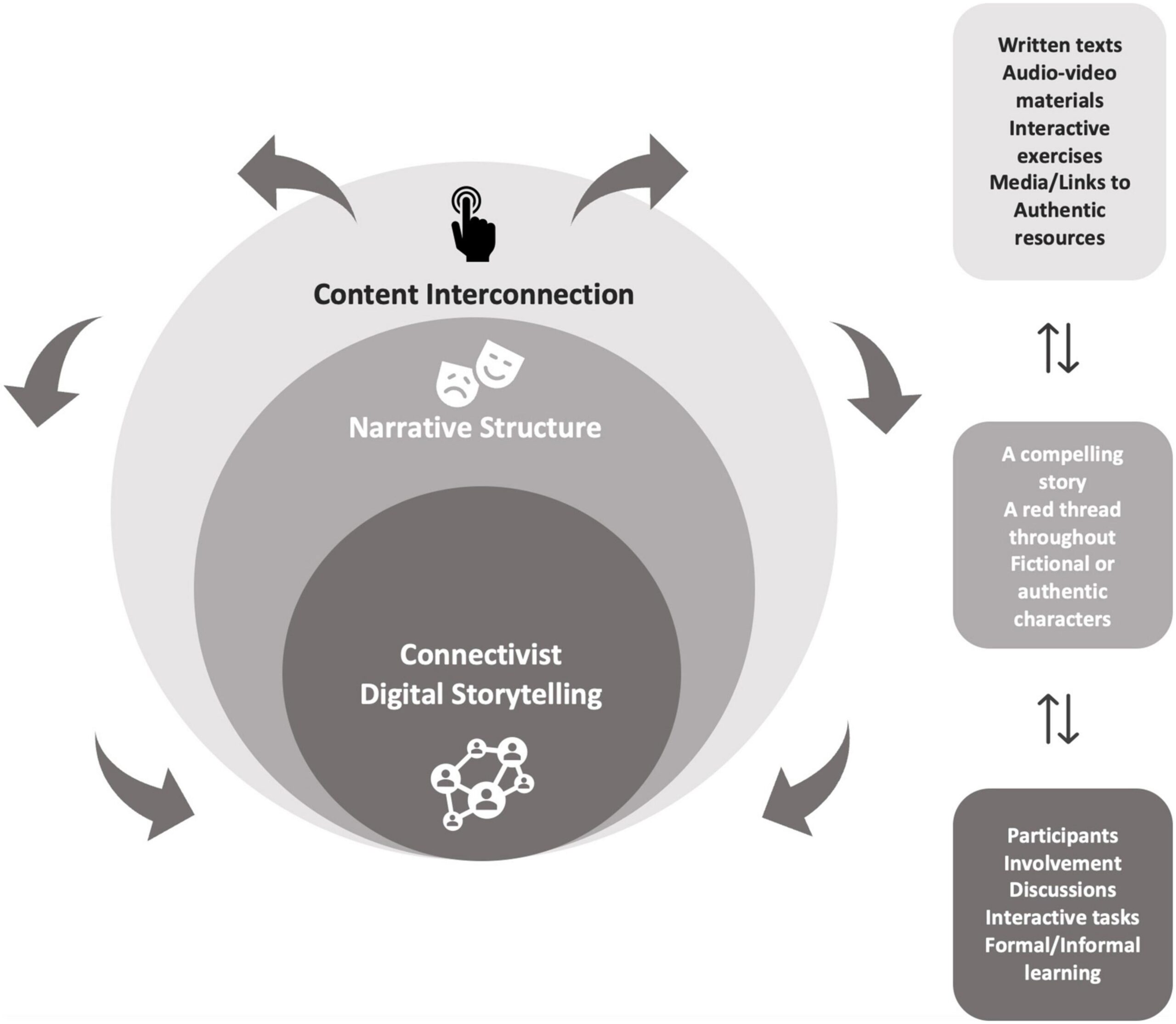How MOOCs Are Revolutionizing Lifelong learning: Unlocking Opportunities for All
In today’s fast-paced digital world, the thirst for knowlege knows no age or boundaries. Massive Open Online Courses (moocs) have emerged as powerful engines driving lifelong learning, helping millions acquire new skills, advance their careers, and explore personal passions — all from the comfort of their homes. But how exactly are MOOCs revolutionizing lifelong learning, and what opportunities do they unlock for learners worldwide? This article dives deep into the transformational impact of MOOCs, sharing benefits, practical advice, and inspiring real-world stories.
What Are MOOCs?
MOOCs—or Massive Open Online Courses—are educational courses offered online and accessible to anyone, anywhere. Top universities and organizations like Coursera, edX, Udemy, and FutureLearn host MOOCs across countless disciplines, from computer science and business management to philosophy and the arts.
- Massive: Enrollments can reach hundreds of thousands worldwide.
- Open: Most MOOCs are available with either free or affordable enrollment options.
- Online: Delivered entirely over the internet, allowing self-paced or scheduled participation.
- Courses: structured learning experiences led by expert instructors and frequently enough featuring interactive forums, assignments, and peer discussion.
How MOOCs are Transforming Lifelong Learning
Lifelong learning is no longer a luxury—it’s a necessity in our rapidly-evolving job market. Here’s how MOOCs are reshaping the landscape for learners of all backgrounds and ages:
1. Breaking Down Barriers to Education
- Global Accessibility: Anyone with an internet connection can learn from world-class institutions, nonetheless of location.
- Affordability: Many MOOCs are free or cost a fraction of traditional tuition, removing financial obstacles to high-quality education.
- No Entry Requirements: MOOCs are open to all, regardless of previous academic performance or qualifications.
2. Customizing the Learning Experience
- Flexible Scheduling: Learn at your own pace—ideal for working adults, parents, or anyone juggling life’s demands.
- Personalized journeys: Choose from thousands of topics to suit your career goals or personal interests.
- Diverse Learning Methods: Enjoy a mix of video lectures,readings,quizzes,collaborative projects,and interactive discussion forums.
3. Powering Workforce Upskilling and Career Change
- Job-Relevant Skills: Courses focus on in-demand skills such as data analysis, programming, leadership, and digital marketing.
- Professional Certificates: Earning industry-recognized MOOC certificates can boost your resume and job prospects.
- Easy Career Shifts: Transition to new industries by gaining foundational knowledge before committing to more formal education.
4. Fostering Community and Collaboration
- Global Peer Networks: Connect and collaborate with fellow learners from diverse cultures.
- Discussion Forums: Exchange insights, solve challenges, and grow your professional network.
- Mentorship Opportunities: Some platforms host mentorship programs connecting experienced professionals with learners.
Real-Life Case Studies: The Impact of MOOCs
The transformative effect of MOOCs is visible through countless success stories worldwide. Here are three inspiring examples of how MOOCs are unlocking opportunities for lifelong learners:
-
Career Advancement for Working Professionals:
maria, a marketing manager from Brazil, completed a MOOC in Digital Marketing from the University of Illinois on Coursera. The knowledge and recognized certificate helped her land a promotion and spearhead new digital initiatives at her company.
-
Empowerment for Women Returning to Work:
After a decade focused on raising her children, Priya from India enrolled in Women in Leadership MOOCs on edX. The versatility let her learn in her free time, build confidence, and successfully return to the workforce in a managerial role.
-
Opportunities for Rural Learners:
In Kenya, Sam joined free MOOCs in computer science. Despite limited local resources, online forums and global study groups helped him master programming skills. Today, he freelances remotely for international clients.
Key Benefits of MOOCs for Lifelong Learners
MOOCs open doors for anyone seeking personal and professional growth. Here’s a summary of their most important advantages:
- Access to Elite Educators: Learn from professors at harvard, Stanford, MIT, and renowned global institutions.
- Wide Range of Topics: From AI and data science to creative writing, finance, psychology, and language learning—the possibilities are endless.
- Community Engagement: Join vibrant online communities to enhance deep learning and motivation.
- Cost-Effective Learning: Save thousands on tuition with affordable or free courses.
- Instant Feedback: Quizzes and peer review accelerate understanding and track progress.
Tips for Making the Most of MOOCs
Whether you’re a first-time MOOC learner or returning for new challenges, these practical strategies will help you succeed:
- Set Clear Goals: Define what you want to achieve before enrolling—career growth, skill development, academic preparation, or pure curiosity.
- Create a Learning Schedule: Dedicate regular time slots each week and stick to them for steady progress.
- Engage Actively: Participate in forums, ask questions, and seek feedback from peers and instructors.
- Apply skills in Real Life: Reinforce learning through personal projects, volunteering, or work-related initiatives.
- Document Your Achievements: add certificates or completed courses to your resume and LinkedIn profile.
- Combine MOOCs with Traditional learning: Enhance degree studies or professional development with targeted MOOC learning.
Challenges and Future Directions
Despite their many advantages, MOOCs face challenges such as high dropout rates, variable quality, and the digital divide affecting global access. Though, continuous innovation—such as micro-credentials, AI-driven personalization, and partnerships with employers—suggests MOOCs will play an ever-more central role in lifelong learning.
Forward-thinking organizations are also integrating MOOCs into formal training and certificate pathways, making lifelong learning more recognized and seamless than ever before.
Conclusion: The MOOC Movement Empowering Everyone
moocs are democratizing education and fueling a global culture of lifelong learning. By tearing down traditional barriers and unlocking unprecedented opportunities,they empower individuals to thrive in a rapidly-changing world.
If you’re ready to future-proof your skills, pursue your passions, or simply quench your intellectual curiosity, it’s never too late to start your own journey through MOOCs. The classroom is now open to all—anytime, anywhere.

